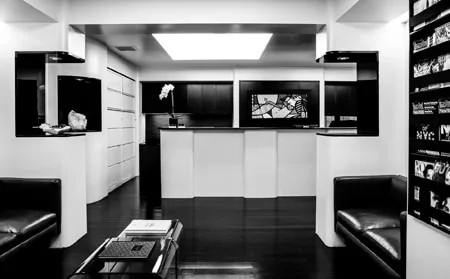Facelift is generally considered to be a procedure sought by elderly people who wish to improve their overall facial appearance. This needn’t be so according to a study published in the journal Plastic and Reconstructive Surgery. Actually, younger patients with early or minimal signs of facial aging obtain better results and higher satisfaction rates even a decade after their facelift surgery. People below 50 years of age could therefore be ideal candidates for facial rejuvenation.
The ASPS (American Society of Plastic Surgeons) says that the average age for a facelift falls in the 55+ age group, but the percentage of younger patients is steadily increasing.
According to the above mentioned study, women who had a facelift performed before the age of 50 found better, longer-lasting results than those with aging skin. Patients above the age of 50 who have undergone facelift may not be as satisfied with their results. And the reason? The results may be less consistent because their tissues are delicate and aging. At the time of surgery, patients above 60 years of age already had significant signs of facial aging and did merit from the surgery. However, it was noted during long-term follow-up that they still looked younger than others of the same age who did not undergo the procedure but had signs of regression in certain facial areas.
The concern is only about the longevity of the results unlike youngsters and it doesn’t mean that elderly are at risk for the procedures. A recent study by plastic surgeons at Vanderbilt University Medical Center supports this idea as they noted "Senior citizens are at no higher risk for complications from cosmetic surgery than younger patients".
Maintaining the facial rejuvenation results is important and for this patients have to take serious effort and follow all the instructions of their surgeon.
